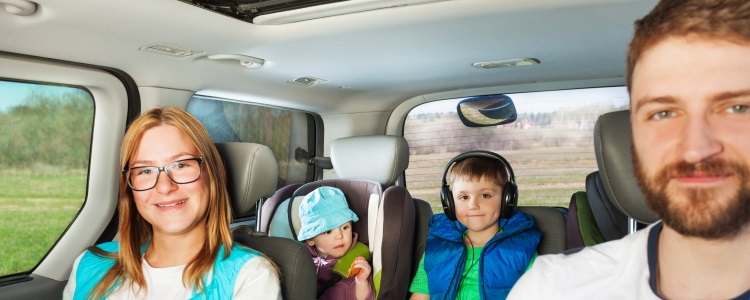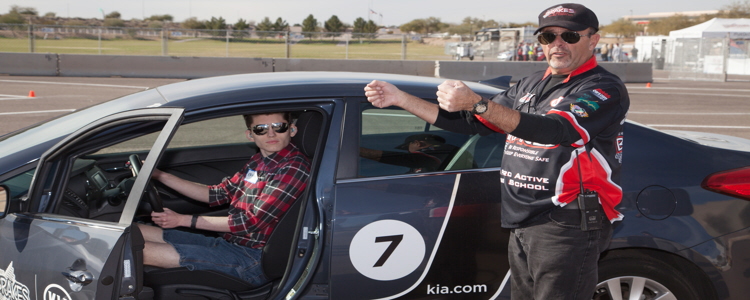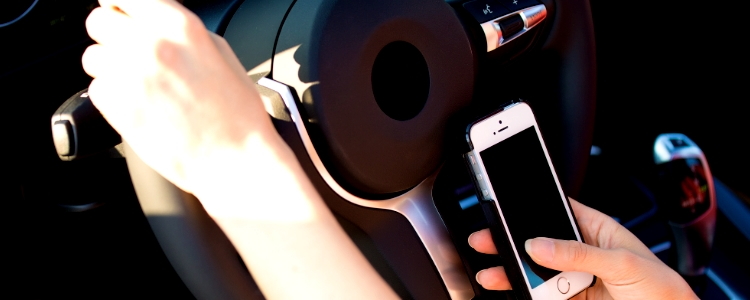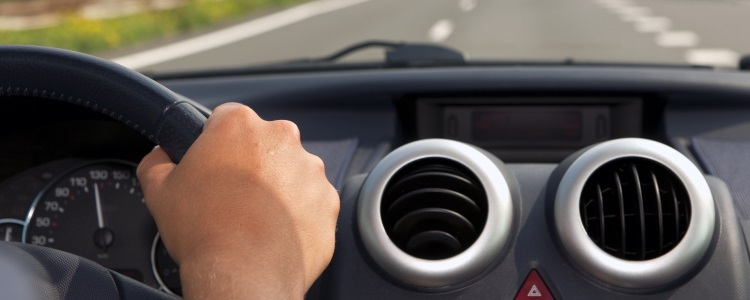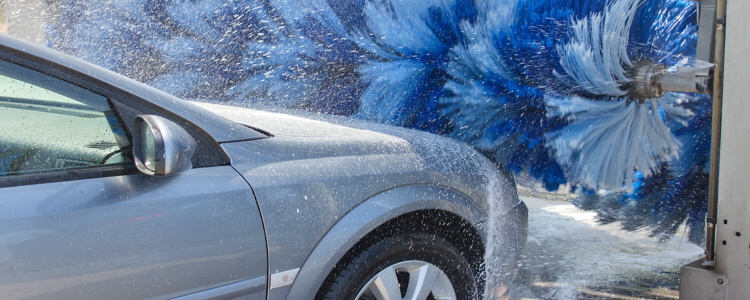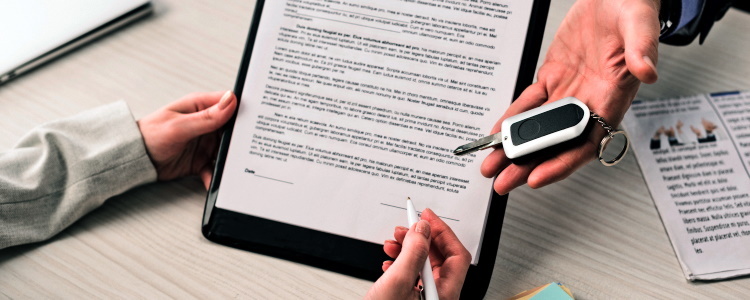In order to stay safe and keep others safe on the road, it is important to be well rested before you get behind the wheel.
On May 5th of 2016, the National Sleep Foundation (NSF) published the conclusions of its Drowsy Driving Consensus Panel in the June 2016 online edition of its journal Sleep Health.
The National Sleep Foundation is dedicated to improving health and well-being through sleep education and advocacy and was founded in 1990. It is a trusted resource for sleep science, healthy sleep habits, and sleep disorders to medical professionals, patients, and the public. The study marks the first scientific determination that it is unsafe to operate a motor vehicle when sleep deprived. The panel concluded that individuals who have slept less than 2 hours in the prior 24 hours are too sleep deprived to get behind the wheel of a vehicle.
Members of the NSF-convened panel also agreed that most healthy drivers would likely be impaired with only three to five hours of sleep during the prior 24 hours.

So, why is this study so important? Charles A. Czeisler, PhD, MD, Chair of the Consensus Panel and Chief of the Division of Sleep and Circadian Disorders at Brigham and Women's Hospital, explains: "Sleep-deprived drivers cause more than 6,400 deaths and 50,000 debilitating injuries on American roadways each year. This study represents the first expert consensus determination available to guide those attempting to reduce the risk of these preventable tragedies through legislation and public policies."
According to David Cloud, CEO of the National Sleep Foundation, this study will provide "Public policy makers (with) a clear direction on when vehicle operators should be considered too sleep deprived to drive, and are therefore impaired." He continued on to say that "this simple definition for drowsy driving will serve as a powerful tool to help policy makers create safer roads and drivers to make sound decisions."
The study and definition are the result of a systematic review by a panel of experts from sleep, transportation and medicine, followed by consensus building and voting. The resulting statement has been endorsed by the AAA Foundation for Traffic Safety, the American College of Chest Physicians, the American College of Occupational and Environmental Medicine, and the Society for Research on Biological Rhythms.
Staying Refreshed On the Road
While there is significant online debate over what constitutes an appropriate amount of sleep, the NSF recommends the following amounts of sleep for the following age groups:
- Teenagers, 14-17: 8-10 hours
- Young adults and adults, 18-64: 7-9 hours
- Older adults, 65+: 7-8 hours
By getting the proper amount of sleep, you will not only have more energy and be more productive, you will be able to maintain the awareness you need to stay refreshed - and safe - while on the road. To be successful in this effort, sleep.org provides the following helpful tips:
- Sticking to a sleep schedule, even on weekends.
- Practicing a relaxing bedtime ritual.
- Exercising daily.
- Evaluating your bedroom to ensure ideal temperature, sound and light.
- Sleeping on a comfortable mattress and pillows.
- Being cautious of hidden sleep stealers, like alcohol and caffeine.
- Turning off electronics before bed.
For further information on how to employ these effective sleep tactics, visit the Sleep.org website. However, if you are still having trouble staying awake it may be a sign of a greater health issue. Do not hesitate to see your doctor.
Stay Safe by Covering All the Bases
Sleep is one part of being alert on the road, but good preparation will help you as well.
- Ensure all your vehicle adjustments are made before departing. Be sure that rearview and side mirrors are set properly so you can easily stay alert for cars behind and on either side of you. Also, have all of your vehicle settings adjusted, such as your radio presets, temperature controls and seat position.
- Avoid distractions such as mobile devices, eating, drinking, applying makeup, or any other activities that may reduce your concentration (as well as talking, loud music and talk radio, just to name a few more).
Don't Fall Asleep at the Wheel
You want to be alert to make sure you don't overlook any details when buying your next car. Drivers Lane can connect you with a dealer who can help you, regardless of your current credit situation. Once you complete our fast, secure and simple obligation-free online application, we will match you with a dealer that has the lending resources you need, and will do everything possible in order to get you approved and back on the road quickly.

